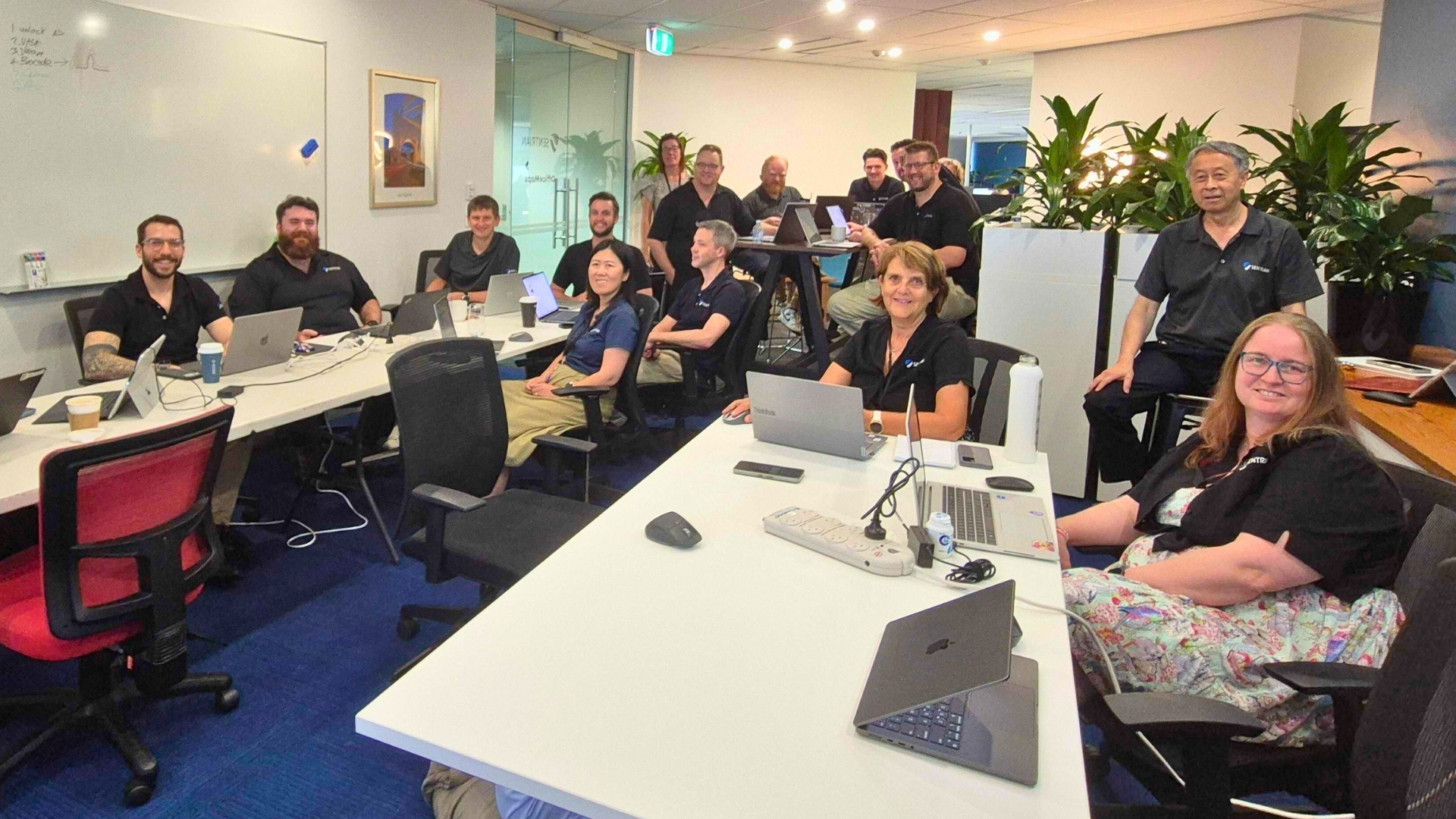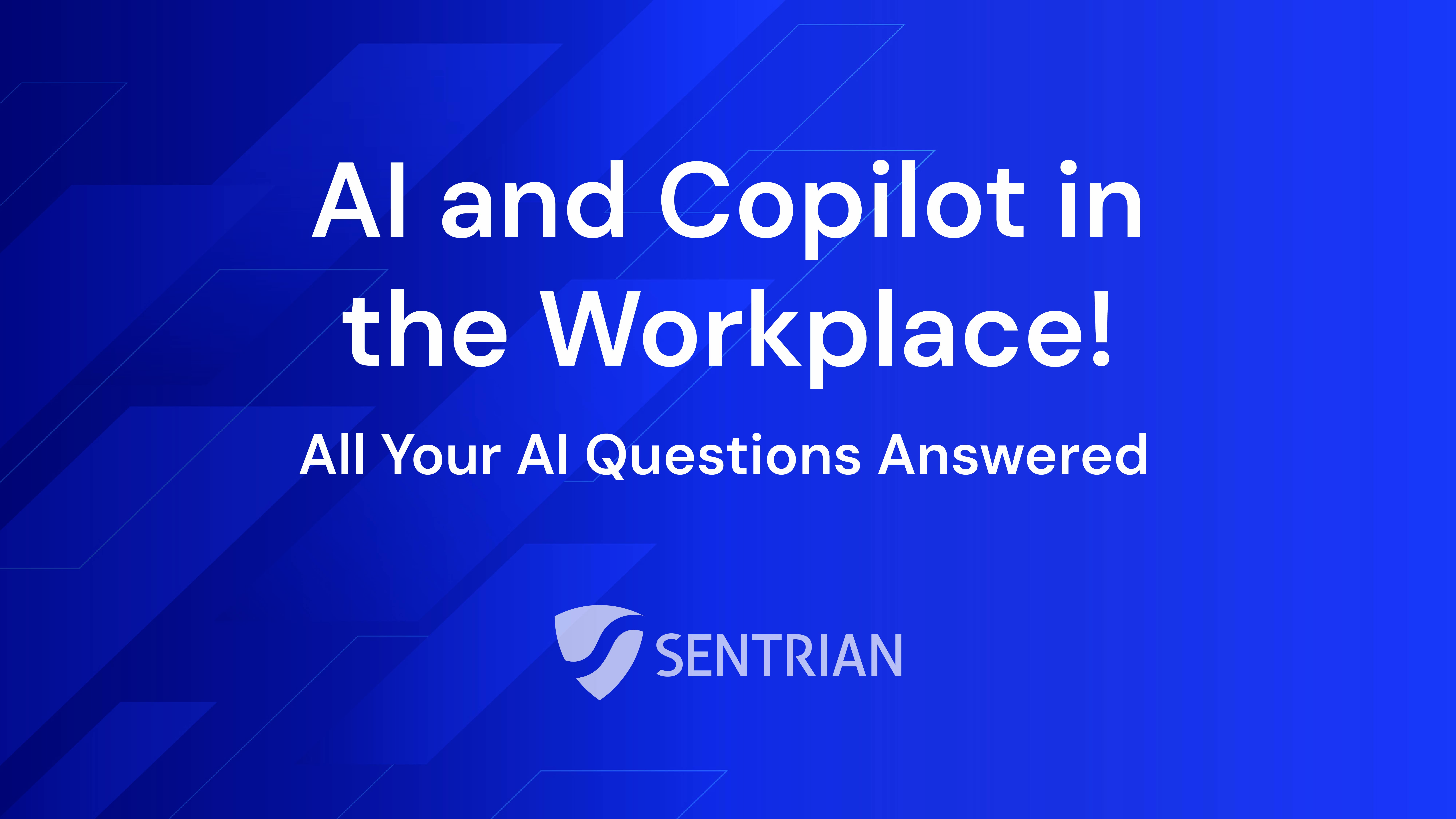Microsoft’s New AI Agent for Teams: Benefits, Risks, and Strategic Considerations
About 68% of Australians are using AI in the workplace.
As AI tools become a normal part of workflows and projects, organisations are increasingly looking for ways to use them effectively and responsibly.
Microsoft’s latest addition to its AI suite, Facilitator, is designed to support Teams users by automating routine tasks - particularly related to meetings and collaboration.
While Facilitator is part of the broader Copilot offering, its impact will depend on how well organisations embed it within structured workflows and governance – regardless of the platform used.
What is Microsoft Facilitator?
Facilitator is an AI agent that participates in Teams meetings and chats.
This feature arrives as part of broader efforts to improve Microsoft’s AI capabilities. Copilot features like AI Note Taker has been turning heads – and is something our clients often enquire about. But we’ve noticed that Copilot still lacks some key functionality.
The new Facilitator feature appears to address some of these gaps, particularly around task management and meeting follow-up. However, just like all AI tools, its effectiveness will depend on how your organisation integrates it into structured workflows and governance frameworks.
Facilitator is designed to assist with tasks like:
- Drafting documents
- Capturing action items
- Generating status reports
- Collaborative note-taking
- Managing tasks via Planner
- Answering questions in real time.
“Tools like Facilitator can reduce our workloads – so we can focus on what matters most to us and to our clients.”
– Doug Morisson, AI expert at Sentrian
By automating these essential but time-consuming tasks, Facilitator helps reduce administrative burden and frees up your team to focus on strategic priorities.
“Meeting fatigue is a real issue – many professionals often spend entire days in back-to-back meetings with little time to follow up.
Facilitator ensures that all agenda items are captured and comprehensive notes are taken care of.”
– Doug
Why structure matters
Tools like Facilitator can help teams save resources and reduce administrative burden. However, the real value comes from how these tools are integrated into existing processes.
Without a clear strategy, AI adoption can lead to fragmented workflows, data risks, and missed opportunities. Structured implementation ensures that AI supports your team’s priorities.
Key benefits of a strategic approach include:
- Streamlined task management
- Improved accuracy and consistency
- Scalable support aligned with team needs
- Reduced time spent on documentation and reporting
- Better meeting engagement through real-time support.
Risks and considerations
Facilitator is available to users with a Microsoft Copilot 365 license. Like many AI tools, it’s easily accessible – but that doesn’t guarantee safe or effective use.
Our recent poll found that 69% of law firms use AI without a formal data governance plan. This highlights a broader issue: many organisations are adopting AI without the necessary safeguards in place.
Key risks to consider:
- Data sensitivity and privacy breaches
- Misalignment with organisational goals
- Noncompliance with security standards
- Overreliance on automation without oversight.
Using AI in the workplace – responsibly
Before deploying Facilitator or any AI tool, it’s essential to establish a governance framework that includes:
- Clear data handling policies
- Defined roles and responsibilities
- Security and compliance protocols
- Training and change management plans
Responsible use ensures that AI tools enhance productivity without compromising trust or integrity.
Integrating AI into your workplace
AI can be a valuable asset when implemented with intention and structure. Whether you're exploring Facilitator or other platforms, the goal should be to align tools with your team’s strategic objectives.
If you're considering integrating AI into your workflows, we can help assess your current setup, identify opportunities, and build solutions that grow with you.
→ Subscribe here to get insights and events straight to your inbox


.png)




